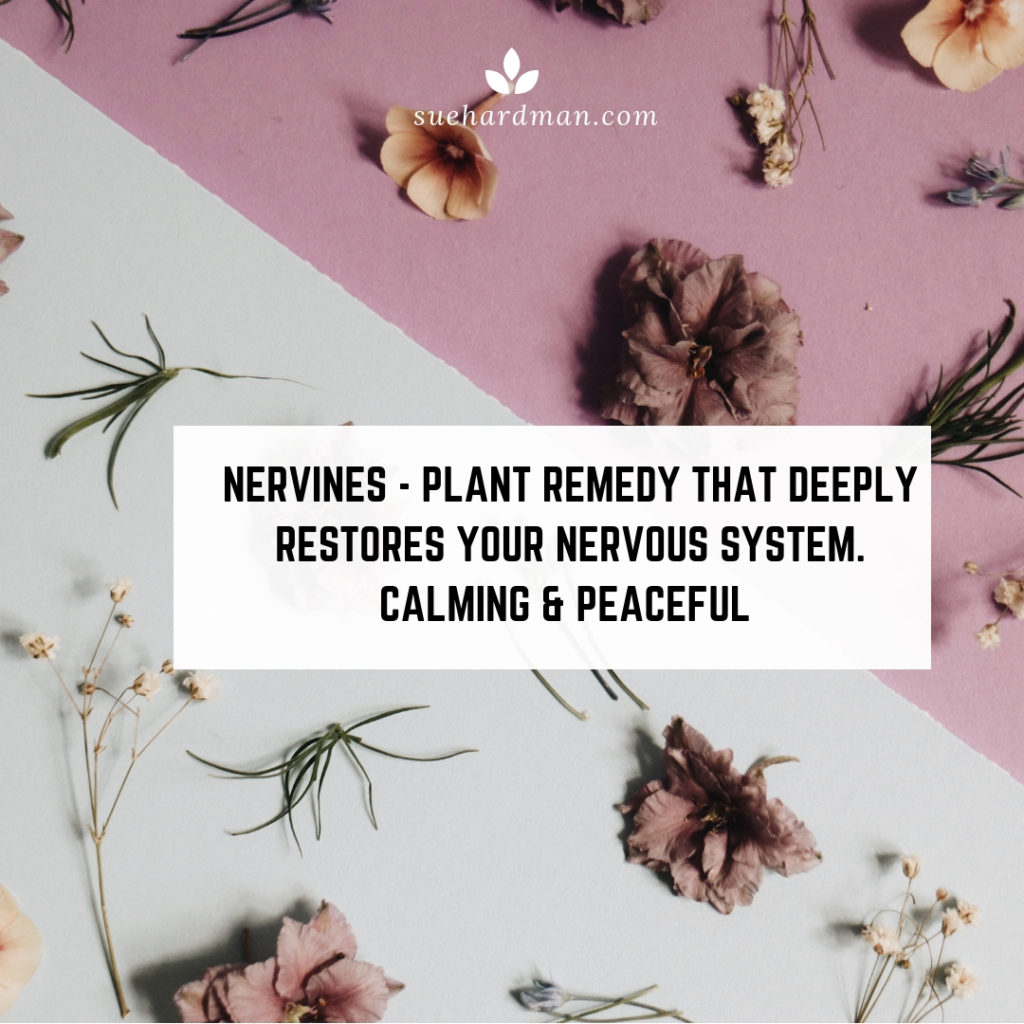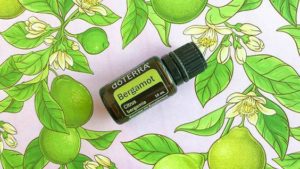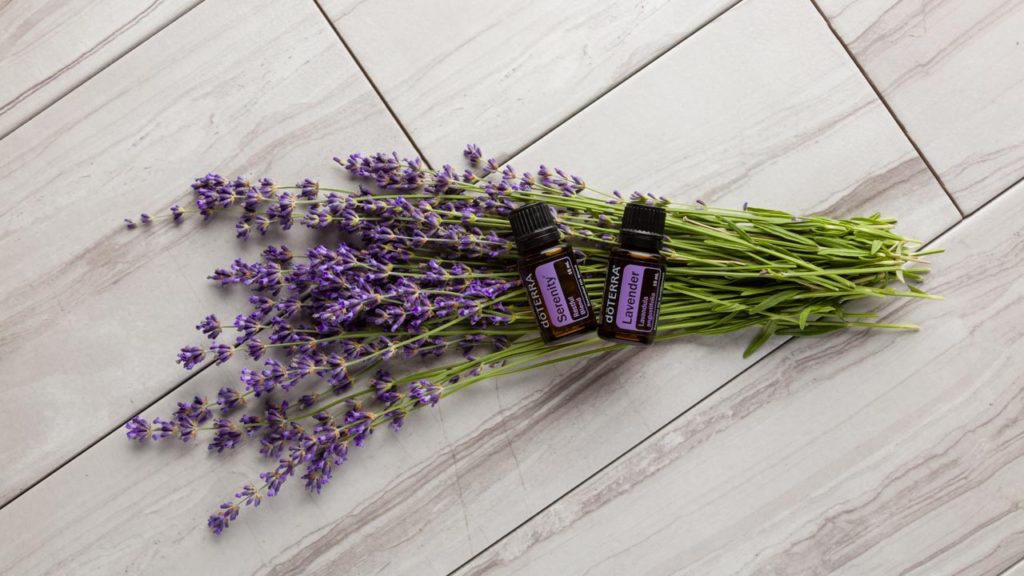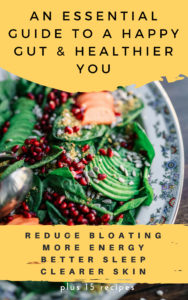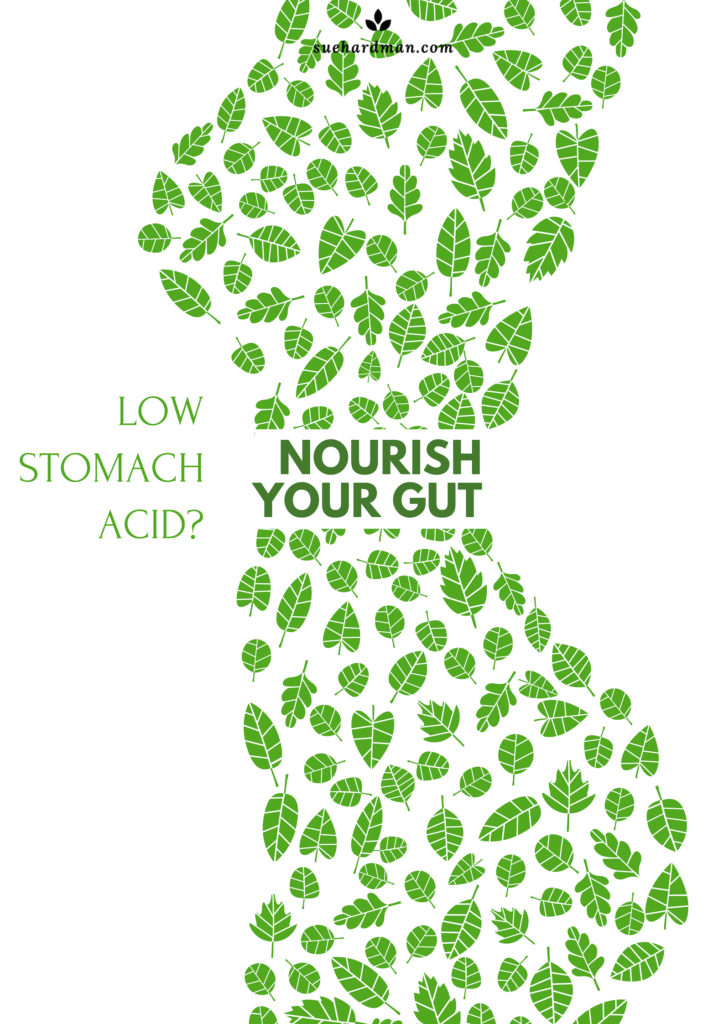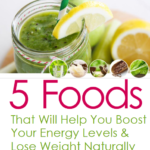Thyroid issues are more and more prevalent. When clients say they feel exhausted, a bit depressed, have gained weight, have no motivation, poor digestion, weird hormones and no sex drive, then it may be that their thyroid is causing the problem.
Unfortunately when women tell their doctor they have these issues, they’re often given anti-depressants when a large proportion may actually have thyroid issues.
Your thyroid function can be either under or over active. An under active – hypothyroidism, means your body isn’t producing enough of the thyroid hormones it needs to run therefore your entire body is running too slowly and with an over active -hyperthyroidism, means your body is working far too hard!
I’ve had my own thyroid problems after my son was born. I lost a lot of weight quite quickly, I thought I was the lucky one and was relieved that I didn’t have to worry to much about losing the baby weight. It was a bit more complicated than that, my heart began racing, I felt dizzy and light headed – a whole lot more serious and a little scary.
I do remember at various times in my life having had a slightly swollen neck which may have been an indication that I had this tendency to being hyper. I think the stress of a C-section, new born etc. may have sent my thyroid into overdrive and I was diagnosed with post-natal hyperthyroidism.
Untreated it can lead to Graves disease. Fortunately, I was able to correct the hyperthyroidism using a combination of non-medical natural tools, and managed to avoid any medication.
Your thyroid gland is a butterfly shaped gland in your neck, and it’s estimated that 20-50% of the population has issues with their thyroid, 60% of people with thyroid issues are unaware of it.
There is a group of women who are unaware that they have what is known as sub-clinical hypothyroidism (where there are elevated TSH levels, but normal T4 levels, possibly with symptoms) this has been found in approximately 4% to 8% of the general population but in approximately 15% to 18% of women over 60 years of age.
Thyroid’s Function & Hormones
Your thyroid produces hormones that affect almost every cell in your body and it works as your thermostat, regulating temperature, it regulates hunger, extracts vitamins and produces energy from food. It produces  hormones (chemical messengers) to manage this – mainly T4 and T3.
hormones (chemical messengers) to manage this – mainly T4 and T3.
The pituitary gland in the brain initiates the hormone messenger, TSH which is the messenger to get the thyroid going.
The thyroid makes thyroid hormones, T3 and T4.
TSH, which is made by the pituitary gland in the brain, regulates thyroid hormone production. T3 being the most active and ‘useful’ in the body.
10 Signs of an Underactive Thyroid:
1. Fatigue after sleeping 8 hours a night or needing to take a nap daily
2. Weight gain or inability to lose weight
3. Mood swings, anxiety, or depression
4. Hormone imbalances – PMS, irregular periods, infertility, and low sex drive
5. Muscle pain, joint pain, carpal tunnel syndrome, or tendonitis
6. Cold hands & feet, feeling cold when others are not, or having a low body temperature
7. Dry or cracking skin, brittle nails and excessive hair loss 8. Constipation
9. Brain fog, poor concentration, or poor memory
10.Neck swelling, snoring, or hoarse voice
9 Signs of Overactive Thyroid:
1. Nervousness, anxiety and irritability
2. Mood swings
3. Difficulty sleeping
4. Persistent tiredness
5. Heat sensitivity
6. Swelling in your neck might be an enlarged thyroid (goitre)
7. Unusually fast heart rate (palpitations)
8. Twitching or trembling
9. Unexplained Weight loss
How do you know if your thyroid is a problem?
You really do need to look at some thorough testing. It does very much really depend on the knowledge and awareness of your doctor. They generally only test for Thyroid Stimulating Hormone (TSH) and sometimes, the T4 hormone.
To thoroughly check your thyroid you need to have TSH, T4, and T3, reverse T3, vitamin D and your antibodies tested.
Thyroid function is something that can come up quite often with clients. Knowledge from correct testing will provide you with the best information when it comes to choosing how to manage your thyroid – so do get as much information as you can from doing the correct tests. (Please note the thyroid issues are complicated so I’m trying not to over complicate and keep things simple)
Thyroid disease and the Autoimmune Component
The body can also produce antibodies that attack the thyroid and stop it doing its job. This is known as an auto-immune condition, when the body attacks itself. Dr. Isabelle Wentz suggests that 95% hypothyroidism probably has an auto immune component – Hashimotos.
Hashimoto’s is when your body produces antibodies that attack the thyroid and impair its function. This is easily missed, as testing often shows your thyroid is producing hormones correctly but miss the fact that it’s correct function is being impaired by antibodies.
Thyroid issues do run in families, so you are more likely to suffer from some kind of thyroid disease if family members struggle with them.
There are some things you can do:-
- Fight for thorough testing – either via an endocrinologist, or practitioner that can get access to a full thyroid panel, get a referral or go privately. I can support you to ensure you are getting the help you need
- Consume nutrients for good thyroid health, like iodine, protein, selenium, zinc, iron, vitamin D, vitamin A, omega-3 fatty acids, and a variety of B vitamins.
- Clean up your diet. Avoid inflammatory foods, like sugar, gluten or dairy to support the health of your thyroid.
- Avoid high amounts of stress, nutrient depletion (selenium and iodine) as the conversion of T3 can be impaired and you can end up with to much of reverse T3
- Take a high quality multivitamin with Iodine, Zinc, Selenium, Iron, Vitamin D, and B vitamins.
- Find ways of managing your stress and support your adrenal glands. Your adrenals and thyroid work closely together. Support your adrenal glands to cope better with stress – walking, gentle yoga and adaptogenic herbs,
- Get at least 8 hours sleep a night.
- Heal your gut. It’s critical to good health.
- Get support. Find someone to support you with what you eat to get you back on track!
Be sure to get educated, get tested and ask for the print outs of your blood test result from your doctor. If you want more help with getting tested, addressing your nutrient deficiencies, ditching sugar and gluten, thenI can help. Please get in touch sue@suehardman.com
You can also join my newsletter and get a recipe guide to help get your started with eating healthy and supporting your gut and digestive system. For better health we always start with your gut.
Is it time to love your gut?
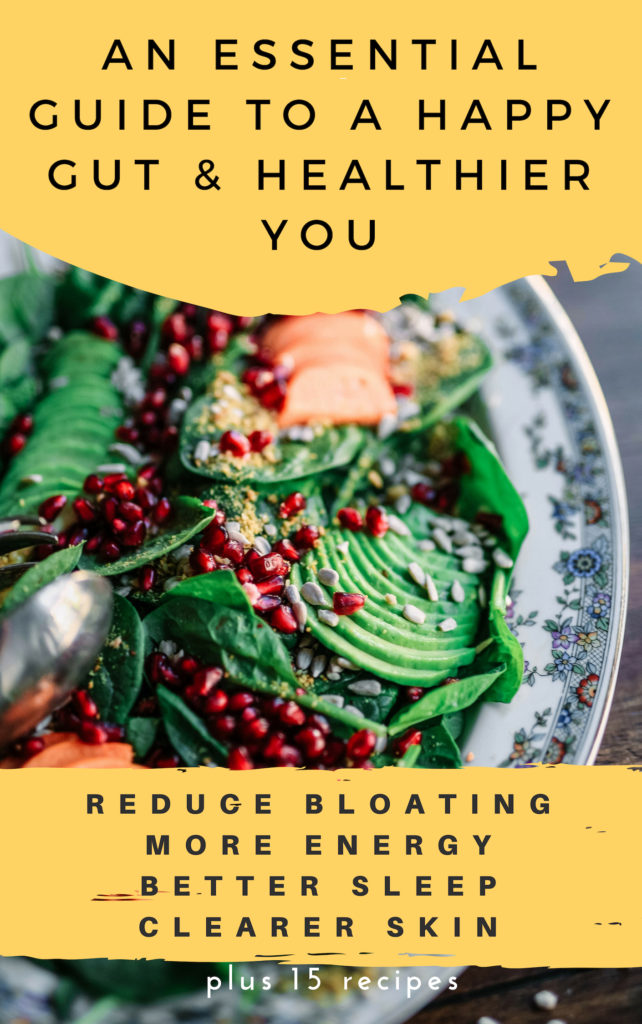
After all, good health all starts in your gut!
The simple 5 Step To Heal Your Gut Guide includes a 3 day easy to follow meal plan designed to give your digestive system a break.
Your FREE Guide “Heal Your Gut” includes:
- +15 amazingly delicious recipes (including dessert….chocolate mousse)
- A simple 5-step approach to a healthy digestion so you can reduce belly bloat, lose weight and reduce inflammation


